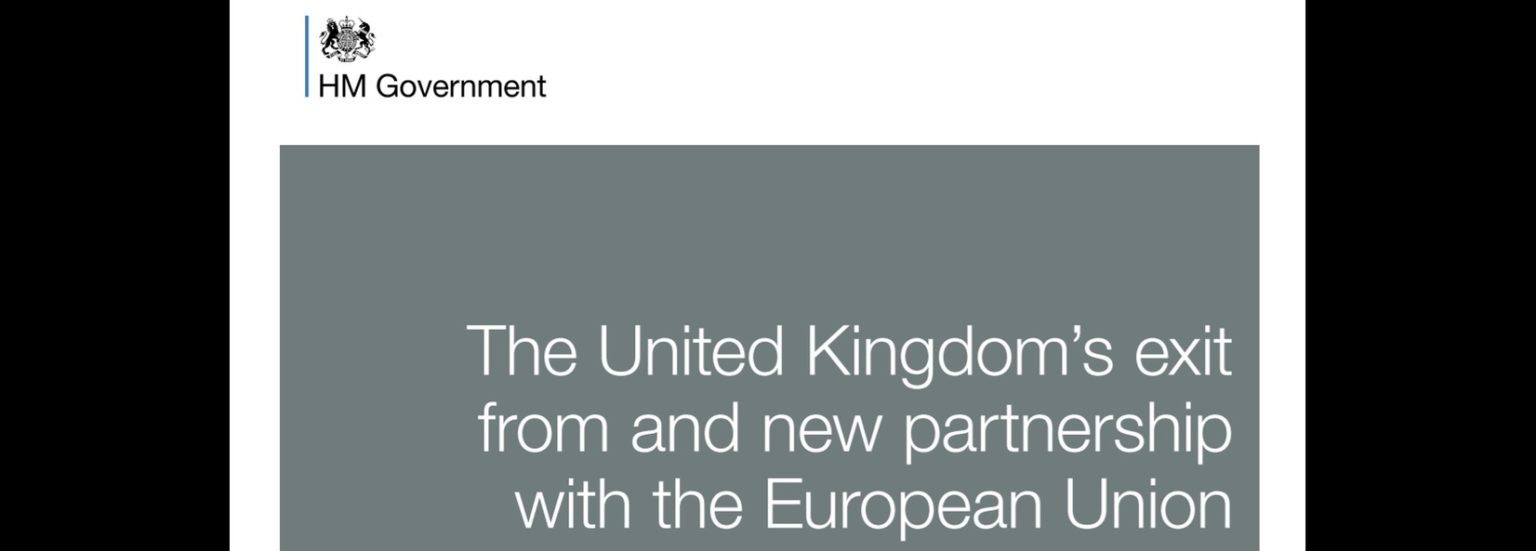The UK will continue to pursue its climate goals and retain European environmental regulations in its own laws when it exits the EU, according to a new government strategy document.
The plan goes some way to reassuring voters that Brexit will not be used as an excuse to roll back on the UK’s climate commitments. But the White Paper offers few details about how the government will meet its goals in practice.
In the document’s preface, Secretary of State for Exiting the European Union, David Davis, emphasised that negotiations are in their early stages. The government “will continue to engage widely and seek to build a national consensus around our negotiating position” in the coming months, he wrote.
Responding to the White Paper, Labour’s shadow secretary Keir Starmer, described the plans as “rushed, limited and not well thought through”. It was “a wish list, not an action plan”, he said.
The 77-page document, released yesterday, is intended to outline how the government will negotiate its “new partnership” with the EU, covering issues as diverse as immigration, trade, and terrorism.
There is a single paragraph dedicated to climate change.
It said the government will “use the Great Repeal Bill to bring the current framework of environmental regulation into UK and devolved law”, and that the UK’s “climate action will continue to be underpinned by our climate targets as set out in the Climate Change Act 2008 and through our system of five-yearly carbon budgets, which in turn support our international work to drive climate ambition”.
The Climate Change Act requires regular updates on the government’s decarbonisation plans. But the government has consistently delayed the publication of its latest plan, which is now five years overdue.
The White Paper goes on to say that Brexit could be an “opportunity to develop over time a comprehensive approach to improving our environment in a way that is fit for our specific needs”.
Separately, it said the UK “will continue to be a leading actor, working with European and other international partners, in global efforts to tackle major challenges, including climate change”.
But there remain many questions about how the government will ensure this.
Experts previously warned the House of Lords’ EU Energy and Environment sub-committee that there could be an “enormous gap” in the UK’s environmental regulations once it leaves the EU. For instance, the government must decide what agencies will be responsible for environmental protection in the absence of European oversight, they said.
The same committee was separately warned that Brexit could become a “catch-all excuse” to roll back on air quality commitments and fossil fuel industry regulation.
The House of Commons’ European Scrutiny sub-committee last week blocked the progress of several pieces of environmental legislation until the government clarified how they would work post-Brexit.
The committee is concerned the UK will be subject to additional obligations as a ‘third party’ trading with Europe once it has left the EU. MPs want the government to explain how it will meet its renewable energy goals if it has to negotiate a new trade deal with the EU and leaves the European energy union.
The government’s White Paper does little to detail how those concerns will be addressed.
Campaigners welcomed the explicit commitment to climate and environmental action in the White Paper, but said the “devil will be in the detail” of the government’s plans.
Friends of the Earth campaigner, Samuel Lowe, said:
“We need more information regarding how this will work in practice, and additional measures and institutions will be needed to ensure it continues to be properly upheld and enforced. The Great Repeal Bill must ensure that any future changes are made by parliament, and not on the whim of ministers.”
Subscribe to our newsletter
Stay up to date with DeSmog news and alerts







